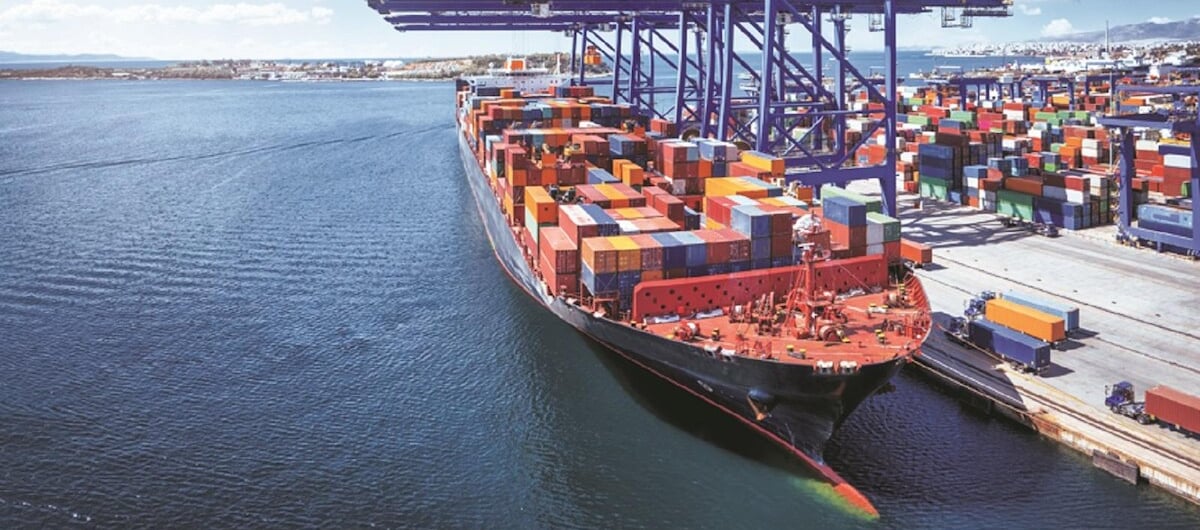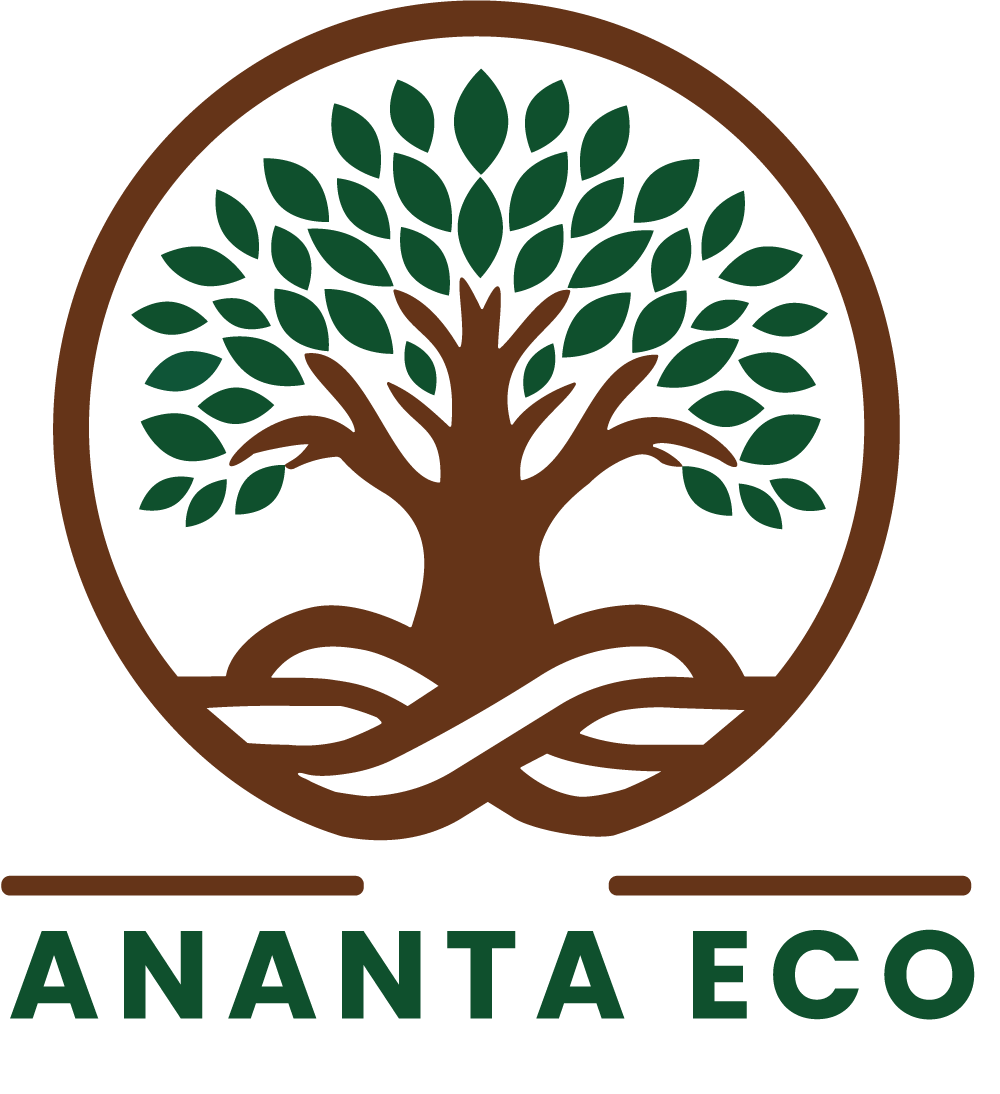Behind the Bag: Navigating Jute Import Tensions and What It Means for You
Arnav Kumar
6/18/20252 min lezen


Why This Matters
If your company works with jute or canvas bags, you should know that recent policy changes between India and Bangladesh are shaking up the jute market. At first glance, it might feel distant—but these shifts affect pricing, quality, and availability for your orders. Here’s how it impacts you and how Ananta Eco is navigating the storm.
What’s Changing in the Jute Trade
In June 2025, India’s government stepped in to curb unfair trade practices by imposing restrictions on Bangladeshi jute imports. From now on, all jute fibre, yarn, bags, and woven fabrics from Bangladesh can only arrive via the Nhava Sheva port in Mumbai. Land route and other sea port access is no longer permitted.
This came after years of concern that subsidised Bangladeshi jute products were flooding the Indian market, pushing local prices below the minimum support price (MSP). Prices dropped below ₹5,000 per quintal, even though the MSP for the 2024‑25 season was ₹5,335.
How Corporates Feel the Impact
📦 Cost and Logistics
The route change means shipments from Bangladesh now take longer and cost more—some exporters report a $100 per tonne increase due to rerouting via sea and road from Nhava Sheva.
These added costs may eventually pass on to you if sourcing relies on Bangladeshi material.
📉 Quality and Availability
Unregulated imports were also impacting the quality of raw fibre and finished goods. With tighter checks now, consistency is expected to improve.
However, the domestic industry is still adjusting. Some mills are underutilised or closed, and supply remains unevenly distributed during the transition.
🧑🌾 For Farmers and Workers
Falling prices hurt jute farmers, while mill closures strain thousands of jobs in jute-growing regions across West Bengal, Bihar, Assam and more.
What This Means for Your Orders
Shipping times may fluctuate during this period of transition.
Prices are likely to stabilize, but fluctuations could persist until the industry regains full capacity.
Quality may improve overall, but some products might face delays or limited availability as mills adapt.
What Ananta Eco Is Doing About It
We believe sustainable sourcing should be stable, predictable, and transparent. Here’s how we are meeting that expectation:
Sourcing from trusted Indian mills that meet MSP norms and rely less on imported fibre. This ensures reliable quality and timely delivery.
Diversified raw material strategy: We maintain a mix of directly sourced Indian jute and selectively verified imports that comply with new regulations.
Transparent pricing: No sudden hikes—if costs change, we clarify and explain them immediately, so your budgeting stays smooth.
Bulk stocking and buffer inventory: We work with suppliers who keep a safety stock to ensure your campaigns or events never suffer from sudden shortages.
Consistent communication: You'll be updated about market conditions, lead times, and projected delivery timelines from day one.
What It Means for You
You can continue sourcing premium branded jute or canvas bags from us with confidence. Our supply remains steady even during these shifting conditions. That means minimal disruption to your CSR campaigns, client gifting, product packaging, or corporate events.
Final Thoughts
By designing this post, our goal is simple: you should feel informed and confident, not uncertain. Knowing the broader trade picture and understanding how Ananta Eco responds gives you peace of mind.
If you’d like a tailored procurement update or sample based on your planned quantities or timeline, just let us know. We’re here to help your brand stay sustainable and reliable.
Address
Haware Tiara, Sector-13, Kharghar, Navi Mumbai, 410210
Socials
Klik om te chatten op WhatsApp
Volg ons op LinkedIn
